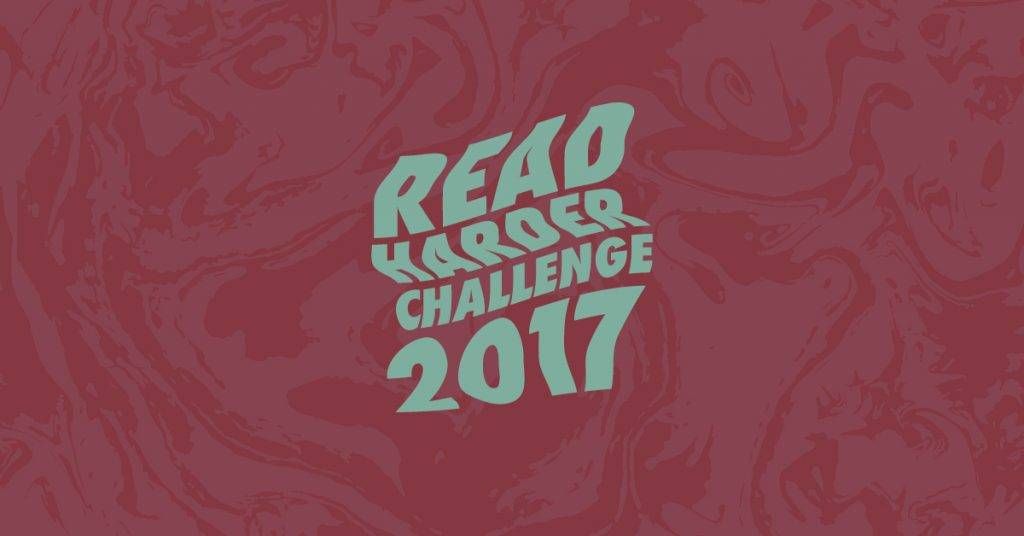
Read Harder 2017: Poetry Collections in Translation (Not Above Love!)
The best throw-down-the-gauntlet-and-step-back challenge in the Book Riot 2017 Read Harder Challenge is definitely Ausma Zehanat Khan’s charge: “Read a collection of poetry in translation on a theme other than love.”
True, February 14 already looms. You’re certainly free to read translated collections about star-crossed love (Qassim Haddad’s Chronicles of Majnun Layla, co-translated by Ferial Ghazoul and John Verlenden is my favorite). What follows is an eclectic list of translated poetry collections that aren’t above love.
For dozens of (more serious) recommendations, you should check the PEN Award for Poetry in Translation longlists, as well as the Best Translated Book Award annual longlists.
Poetry as Travel Guide
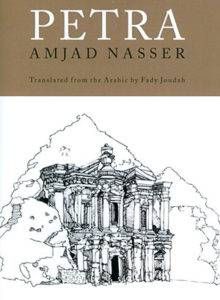
If you can go to Petra, one of the world’s great wonders, you should go with this collection. If you can’t, then travel to Petra through Nasser’s poems.
Poetry as Biography
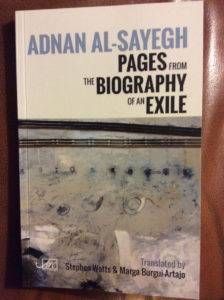
The poems are rough, raw, and sometimes prickly, but together create a compelling story of al-Sayegh’s life.
Poetry That Records History, And Transcends It
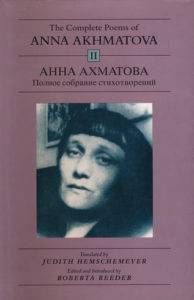
Also in this category is The Arab Apocalypse, by Etel Adnan, trans. from the French Etel Adnan. Adnan began writing The Arab Apocalypse in January 1975 in Beirut, months before the start of the war. It is a work of great visual and literary craft, of apocalypse and creation.
Marie Étienne’s King of a Hundred Horsemen, translated by Marilyn Hacker, won the PEN award for Poetry in Translation in 2009 and the Robert Fagles Translation Prize in 2007, The opening sequence takes us to the poet’s childhood in French Indochina, from which poet history is constructed and re-constructed.
Poetry that Rewrites the Thousand and One Nights
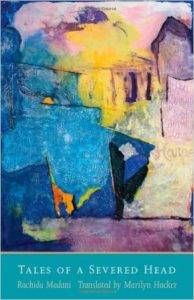
She speaks of all nights
and all women
she speaks of the sea
of waves which carry everything away
as if everything could be carried away
of waves which begin the sea again
there where the sea stopped.
She goes through the city
she walks with death
hand in hand
and her hand does not tremble…











